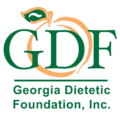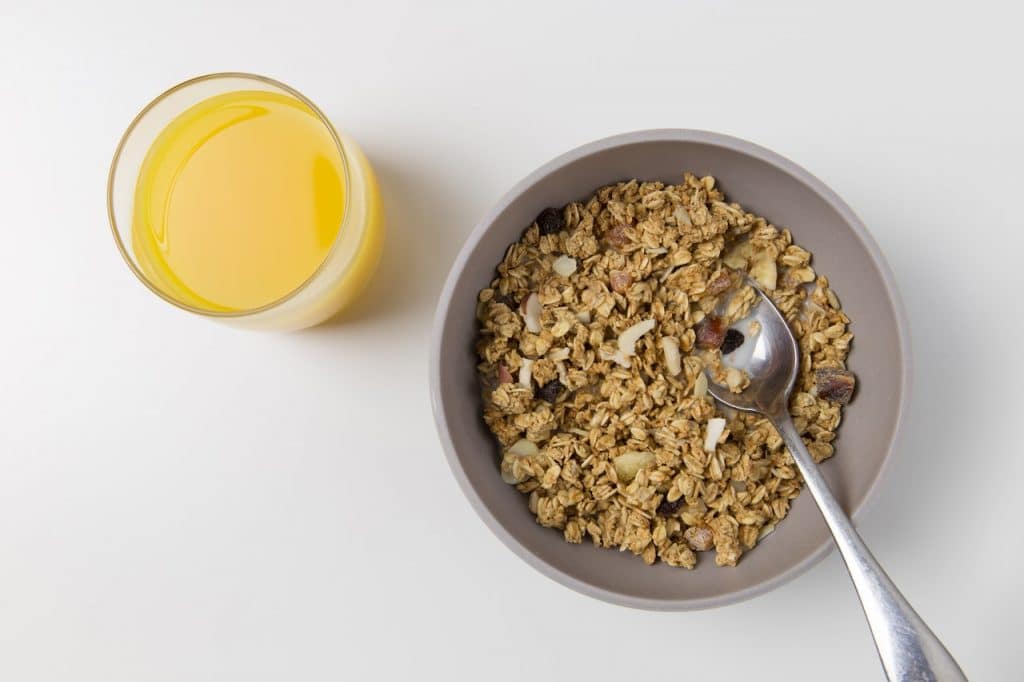You are free to choose, but you are not free from the consequences of your choice. – Zig Ziglar
Sweater weather is over, and many people are setting their sights on the beach. With a year of pandemic behind us, and in some cases, around our waistlines, most of our clients, patients, friends, and families will be thinking of a four-letter word… diet.
There is a multitude of self-help diet books out there with a ton of misinformation. Each book or website is laden with, similar to the proverbial plate of mashed potatoes, the potential for companies to make money off the plight of the consumer.
Worldwide, 13% of the world’s population is obese (BMI > 30kg/ m^2) and 39% is overweight (BMI 25-29.9 kg/ m^2).1 Effective strategies will always be needed to help individuals manage their weight. Obesity is a complex multifactorial disease. Obesity spans genetic, economical, and environmental origins and is generally believed to be treatable and preventable.2
Nutrition and health information should be reasonable. Individuals can do the preliminary information gathering by building their very own toolbox with a series of questions to see if the diet in question passes the initial “smell” test.
According to Eatright.org you should steer clear of any plans, pills, or products that make the following claims. 3
- Rapid Weight Loss
- Rapid weight means loss of bone, muscle, and water in addition to fat. Losing muscle also decreases your potential for caloric utilization as muscle needs calories to function.
- Quantities and Limitations
- You want to avoid or ditch diets that limit specific foods and promotes consumption of other foods in unlimited quantities
- Specific Food Combinations
- There has been no evidence that show combining specific foods create a magical effect on weight loss. In the digestive system your body does not care how it breaks down the nutrients you are feeding it. Conversely, there are no food combinations that turn foods to fat immediately or produce toxins in your intestines.
- Rigid Menus
- Following rigid meal plans that are not medically recommended adds unneeded complication to an already complicated life. The best litmus test for this is to ask, “Is this a dietary habit I can follow for the rest of my life?”.
- No Need to Exercise
- You need to exercise. It is essential for good health. Any diet that states that you don’t have to exercise as well is simply wrong.
For any diet to be considered optimal, it must be safe, effective, healthy, and nutritionally adequate. An ideal diet should also be maintained long-term and remain economically viable.2
The dietary debate should be tabled. The call of “ideal” macronutrients and timed approaches to eating sheds little light on how to help people against the threat of being obese. In fact, the constant barrage of information may mislead the consumer on the optimal approach for proper weight management. So regardless of the type of diet, look to see if the diet is reasonable. Diet AND exercise will always have a stronger association with weight loss and an improvement in fighting chronic diseases than just one or the other alone.
Scientific evidence showcases what constitutes a healthy diet – it is the consumption of a variety of fruits and vegetables, whole-grain products, quality protein and a reduction in added sugar, refined grains, and processed foods. As important, the best diet is one that the consumer can approach for a long period of time without significant weight re-gain.
A Diet Approach by Will Snead, MS, RD, LD, SNS


